Thessaloniki gets ready for its metro launch in November
The underground rapid transit lines have been under construction for almost two decades due to various project delays
 TheMayor.EU logo
TheMayor.EU logo 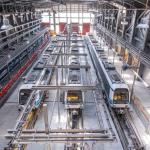
The underground rapid transit lines have been under construction for almost two decades due to various project delays
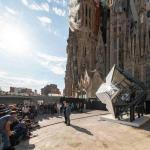
The cross pinnacle on the Tower of Jesus Christ will be ready to receive visitors in 2026 on the centennial of Gaudi’s death

Now you can get your wine in Talence by paying directly in Bitcoin

That’s because the state has to spend money on updating the railway infrastructure rather than subsidizing the cost of the popular pass

Steffen Romstöck said that he would respect the residents’ choice and would take over the helm of the municipality, even if he didn’t run
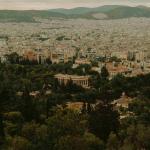
The measure, which will come into force from 1 January 2025, will be partial and temporary…for now

Rethinking renewable energy sources for the urban landscape

But operating them is still illegal under the country’s legislation

The examples, compiled by Beyond Fossil Fuels, can inform and inspire communities and entrepreneurs that still feel trepidation at the prospect of energy transition

Now you can get your wine in Talence by paying directly in Bitcoin

Rethinking renewable energy sources for the urban landscape

The examples, compiled by Beyond Fossil Fuels, can inform and inspire communities and entrepreneurs that still feel trepidation at the prospect of energy transition

The underground rapid transit lines have been under construction for almost two decades due to various project delays
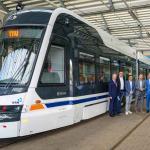
Plus, it has a unique modular design that allows it to be shortened and lengthened like a train

At least, that’s the promise made by the mayor of Paris, Anne Hidalgo
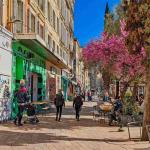
Despite its church-y name, the district has long been known as the hangout spot for the artsy crowds

At least, that’s the promise made by the mayor of Paris, Anne Hidalgo

Hostal de Pinós is located in the geographical centre of the autonomous region

On the eve of the new academic year, the ranking considers several distinct but essential factors
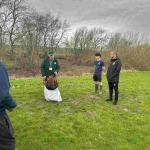

Following a successful trial phase, these quiet areas will now be available on all main routes in the country
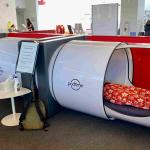
The academic institution shows a deeper understanding of the well-being of its students





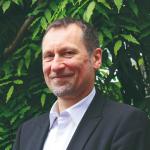


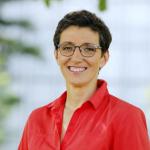

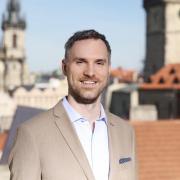
Zdeněk Hřib is a member of the Czech Pirate Party and was inaugurated as mayor of the Czech capital in November 2018.
Born in a family of architects on 21 May 1981, he decides to go for a medical career, and after completing his studies at the Medical Faculty in Prague, devotes himself to scientific research on the quality and efficiency of public services. He is the author of a number of articles in both domestic and foreign media.
He is a member of several working groups on IT and quality of service at the ministerial level, the World Health Organization and the European Union. He is also a Director of the Society of Applied Research, Education and Management in Health and occasionally lectures students inside and outside the faculty.
Zdeněk Hřib is а Member of the European Committee of the Regions since 06.06.2019.
In 2023, he became the deputy mayor with Bohuslav Svoboda holding the top job in Prague.





